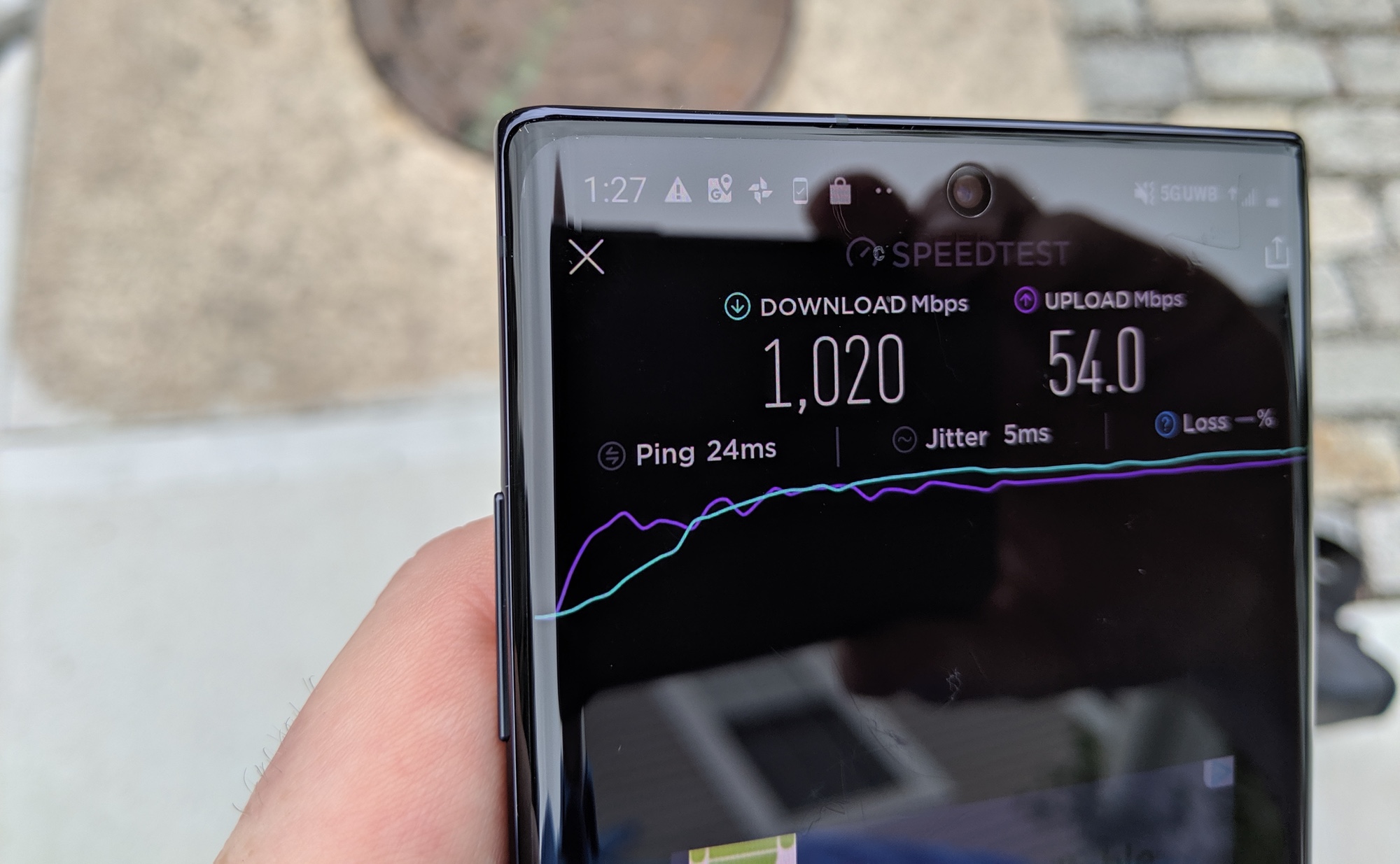Qualcomm Paves the Way for More Affordable 5G Devices in 2020
5G connectivity is coming to a wide array of devices

This may be the year of 5G, but depending on where you live and what kind of gear you're willing to pay for, you may be feeling left out of the party. Wireless carriers have only rolled out the faster wireless network to a few cities in the U.S., and right now, when it comes to phones, 5G connectivity is limited to only a handful of pricey handsets.
Qualcomm sounds like it's aiming to change that heading into 2020. At a keynote delivered during the IFA trade show in Berlin today (Sept. 6), Qualcomm President Cristiano Amon outlined the chipmakers plans to speed up 5G's expansion by making it portfolio of 5G modems and RF receivers and antennas available to more devices.
Specifically, Qualcomm plans to bring 5G connectivity to its Snapdragon 8 Series, 7 Series and 6 Series chipsets, potentially broadening the number of devices that will be compatible with 5G networks. Snapdragon 8 Series mobile processing platforms are generally limited to high-end smartphones — think the Snapdragon 855 processor found in the top Android phones on the markets today. But Series 7 and Series 6 chipsets tend to power less expensive phones, so you could see 5G connectivity in more affordable handsets.
That would be a big change from where we are now. You can buy a OnePlus 7 Pro 5G from Sprint for $840, but that's the least expensive of the 5G phones available in the U.S. these days. More typical are the Galaxy S10 5G and Galaxy Note 10 Plus 5G, both of which cost $1,299.
Qualcomm's expanded 5G offerings not only support a wider range of products. The company says they'll also support a wider range of technologies including millimeter-wave and sub-6 GHz spectrum, TDD and FDD modes, 5G multi-SIM, Dynamic Spectrum Sharing, and standalone (SA) and non-standalone (NSA) network architectures, making the products appealing to a wider array of network operators. That expanded support potentially makes 5G accessible to more than 2 billion smartphone users around the globe, Qualcomm says.
Earlier this year, Qualcomm announced plans to release a Series 7 chipset with integrated 5G. Originally, the plan was to have that chipset in commercial devices sometime within the first half of 2020. Qualcomm now says it's made enough progress to where that integrated chipset will be commercially available by the end of this year, with devices ship to the consumers in early 2020.
LG, Motorola and HMD Global, which makes Nokia smartphones, are among the smartphone makers that have committed to using this integrated Series 7 chipset with 5G. Qualcomm also counts a number of Chinese phone makers, including Vivo, Redmi and Oppo among its partners on this mobile processor with integrated 5G.
Sign up to get the BEST of Tom's Guide direct to your inbox.
Get instant access to breaking news, the hottest reviews, great deals and helpful tips.
It may not seem like it if you're not living in one of the markets where a U.S. wireless carrier has launched 5G services, but Qualcomm says 5G deployment is further along at this stage than it was with the transition to 4G a decade ago. Qualcomm says 20 operators have launched 5G networks around the world this year, with more than 20 device makers coming out with 5G-capable phones, hotspots and other devices. At a comparable stage in 4G's rollout, only four network operators and three device makers had launched anything.
Qualcomm hopes to speed up 5G development beyond just mobile. Also during Amon's IFA keynote, the company announced its QTM527 mmWave antenna module for fixed internet broadband service for home and businesses using network operators' 5G deployments.
Philip Michaels is a Managing Editor at Tom's Guide. He's been covering personal technology since 1999 and was in the building when Steve Jobs showed off the iPhone for the first time. He's been evaluating smartphones since that first iPhone debuted in 2007, and he's been following phone carriers and smartphone plans since 2015. He has strong opinions about Apple, the Oakland Athletics, old movies and proper butchery techniques. Follow him at @PhilipMichaels.

